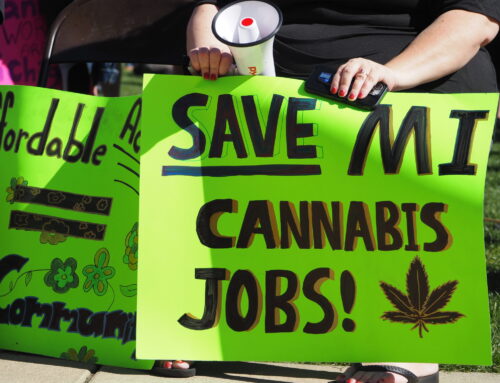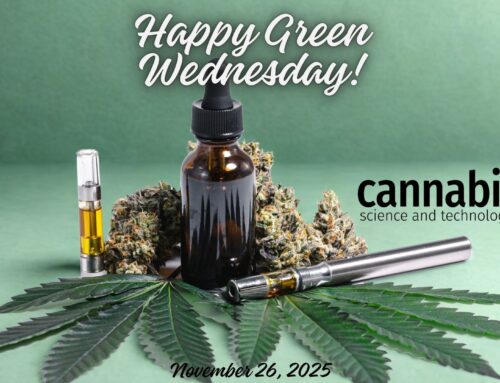Purchase Limit Proposal Riles Cannabis Industry
November 25, 2025
Business owners in Vermont’s cannabis industry are smoking mad about a proposed regulation that would reduce the amount of THC-infused products that customers could buy at a time.
Dispensary owners say the rule is confusing and would especially hurt rural, elderly and infirm customers who usually stock up on items during their infrequent trips to the weed store. And they fear the limits could push some exasperated patrons to the illicit unregulated market.
The clampdown, they say, would hurt businesses as well as the state, which receives tens of millions of cannabis tax dollars.
The regs are set to go into effect on January 10, but the dispensary owners say they’ll need more time to update their sales software and train staff about the changes. They also complained that the proposal was drafted without any notice or input from people in the industry.
More than a dozen spoke out against the change during a November 19 meeting of the Vermont Cannabis Control Board, which regulates the industry.
“We’re all trying to build these really incredible businesses and make them destinations,” said Tito Bern, owner of the Bern Gallery Cannabis shop in Burlington. “This basically makes it impossible. Who’s gonna drive all these hours just to buy so little? It’s just incredibly stifling.”
Vermont law already limits customers to one ounce of flower “or the equivalent in cannabis products” for each transaction at a dispensary. The one ounce of flower would remain unchanged, but the control board’s effort to define the equivalent amount of cannabis product led to the controversy.
Currently, the board has set the equivalent amount as 8,400 milligrams of THC, which is way too high, according to control board chair James Pepper. That limit, for instance, would allow someone to buy 1,680 beverages or edibles each containing 5 mgs of THC. The board knew the policy “was a little out there, especially compared to our neighboring states,” Pepper told Seven Days.

The proposed policy would implement a system that assigns points to products. A customer could purchase up to 100 points each time. That limit would equal 12 cans of a beverage with 10 mgs of THC, five grams of solid concentrate or 10 half-gram vape cartridges.
The board analyzed all cannabis transactions since the market opened in October 2022 and found that, had the limits been in place, they would have stopped about 1 percent of dispensary sales. Pepper said he also looked at eight states with a similar one-ounce-limit law on the books and found that “ours is still very generous compared to every other.” And, he noted, Vermont law makes possession of more than one ounce of cannabis a ticketable offense.
Given all this, Pepper said he was surprised by the intensity of the blowback to the board’s proposal.
“I don’t see it as this existential problem,” he said.
He did acknowledge the concerns about people who have long drives to dispensaries. The boardhas been adamant about trying to increase the geographic diversity of the outlets. And he understands that business owners wanted to provide input on the guidance.
“Of course, we delayed the implementation explicitly to allow the industry to respond,” Pepper said.
The board, Pepper said, plans to take all of the feedback it’s received and make adjustments, perhaps even delaying the start date further. An altered proposal will likely be considered during the board’s December meeting, he said.
Read the full guidance below:
Search
RECENT PRESS RELEASES
Related Post





